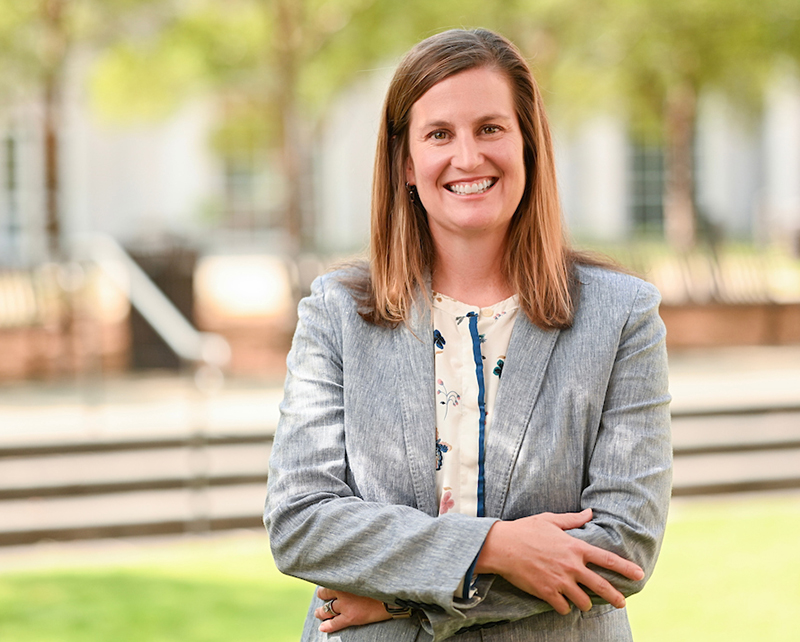
Rules are made to be followed, right? But often in the corporate world, governance
isn’t always a fraud deterrent. In fact, it can have quite the opposite effect.
 Brian Connelly, Luck Eminent Scholar of Management at the Harbert College of Business, co-authored an award-winning paper that reveals that top managers may be more likely
to engage in financial misconduct when facing more stringent external control mechanisms
in the form of activist shareholders, the threat of a takeover, or zealous securities
analysts.
Brian Connelly, Luck Eminent Scholar of Management at the Harbert College of Business, co-authored an award-winning paper that reveals that top managers may be more likely
to engage in financial misconduct when facing more stringent external control mechanisms
in the form of activist shareholders, the threat of a takeover, or zealous securities
analysts.
Connelly, Wei Shi of Indiana University’s Kelley School of Business, and Robert E.
Hoskisson of Rice University’s Jesse H. Jones Graduate School of Business, used cognitive
evaluation theory to describe how external controls could have the opposite of their
intended impacts on top managers. The paper, “External Corporate Governance and Financial
Fraud: Cognitive Evaluation Theory Insights on Agency Theory Prescriptions,” earned
the 2017 Fraud Impact Award presented by the Houston Chapter of the Association of
Certified Fraud Examiners.
The paper is due to be published in the Strategic Management Journal.
“Cognitive evaluation theory revolves around the principle of our intrinsic motivation
to behave in certain ways,” Connelly said. “When people trust us, we are intrinsically
motivated to behave appropriately toward them. The problem comes when people trust
us, but then monitor us closely. This sends conflicting messages about trust, and
robs us of our intrinsic motivation to behave appropriately. As a result, too much
monitoring backfires because we resent the monitoring and we feel like we are not
being trusted.
“This is what makes the job of a director, or parent, so challenging – finding the
right balance between monitoring and autonomy.”
For the paper, researchers collected top manager compensation and governance data
of all S&P 1500 firms from 1999-2012 using a variety of accounting, auditing, and
securities agencies.
Connelly said he once asked Andy Fastow, former Chief Financial Officer at Enron,
whether he found it surprising that increased monitoring can lead to increased fraud.
“He said that as monitoring increases they find more cases of fraud, but that doesn’t
mean that more fraud is occurring – they are just finding what they are looking for,”
Connelly said.
“Pick up the Wall Street Journal any day of the week and you will read about tremendously powerful shareholders. People
like Carl Icahn, Warren Buffet, and Ralph Whitworth. These institutional investors
have CEOs shaking in their boots. Over the past two decades or so, institutional investors
have become the most powerful people on the planet. We wanted to examine some of the
fallout of having these people looking over the shoulders of CEOs.”

 Degrees & Programs
Degrees & Programs
 Faculty & Staff
Faculty & Staff
 Career Development
Career Development
 Recruiters & Industry
Recruiters & Industry




